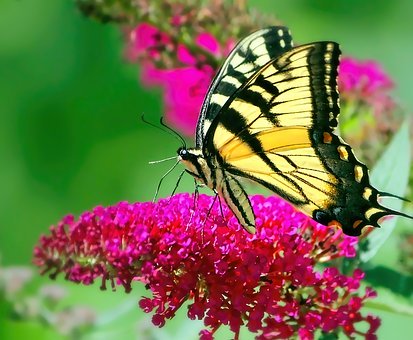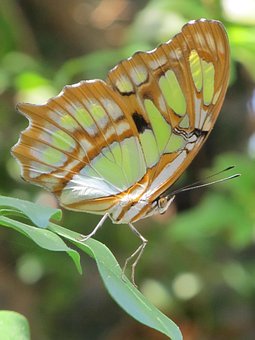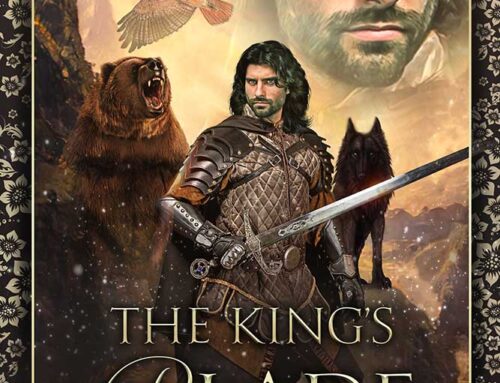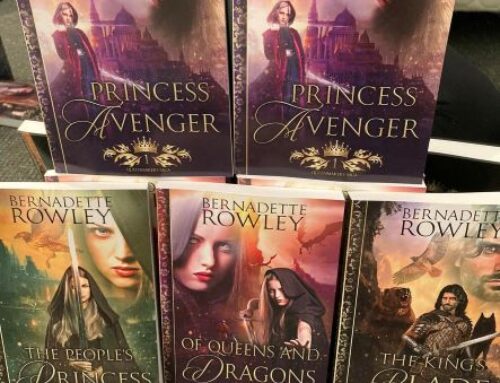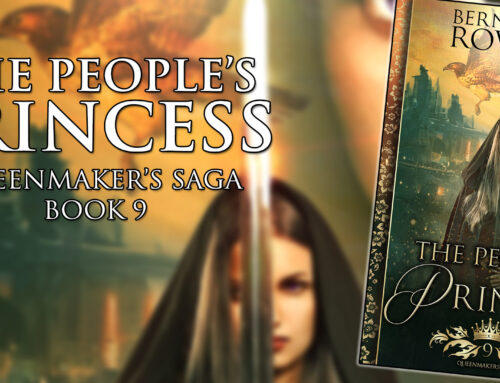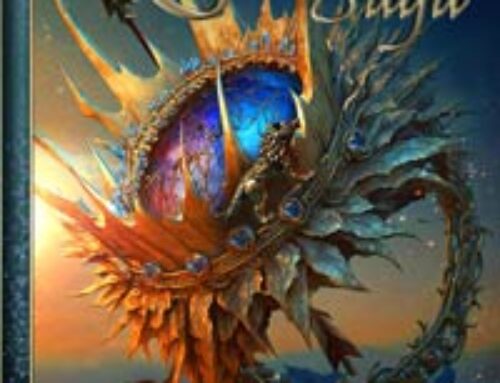Did you ever stop to think about the meaning and origin of the words you use everyday? As a writer, words are integral to my trade and every so often, I stop and examine some of the words I use. It’s fascinating.
I’ve often thought the word ‘butterfly’ was a strange word for the beautiful creatures that grace our woods and gardens. So today, I looked up the word to see where it came from.
The word butterfly comes from middle English as buterflie, butturflye, boterflye and from Old English as butorfl?oge, buttorfl?oge, buterfl?oge. As you would imagine, the old words are equivalent to ‘butter’ and ‘fly’. It’s uncertain why the name was applied to this fabulous insect but it could be that ancient people thought butterflies ate butter or milk. Or perhaps the name was given to butterflies who were predominantly yellow.
Butterflies are truly amazing creatures. In nature, they have the ability to lift the spirit as they dance from flower to flower. I challenge you not to smile when you see one; and they come in an array of such fabulous colours. Of course, they pollinate the plants they alight upon.
Recall the life cycle of a butterfly though and the fact that it starts off as an egg, becomes a caterpillar, enters a chrysalis and then emerges as a creature which is unrecognisable as the former caterpillar…therein lies the true miracle of the butterfly. It gives us hope that we can also undergo a transformation into a new person, a new way of life. And that could be whatever we wish it to be.
I always thought that ‘flutterby’ would be a much better name for the butterfly and I wasn’t surprised to learn I wasn’t the only one who thought this. However, on investigation, ‘flutterby’ has only fleetingly been used instead of butterfly and it certainly doesn’t predate the term. I’ll still use flutterby in preference to butterfly though and who knows – perhaps one day these delightful creatures will be known by that whimsical name.
Are there any words you think are misplaced, objects or creatures which deserve a better name? And if so, which word would you use to describe them?
Happy reading and delightful adventures.
Bernadette x



